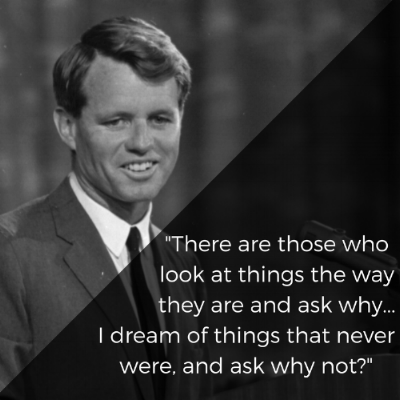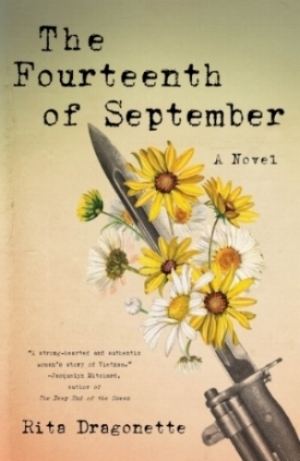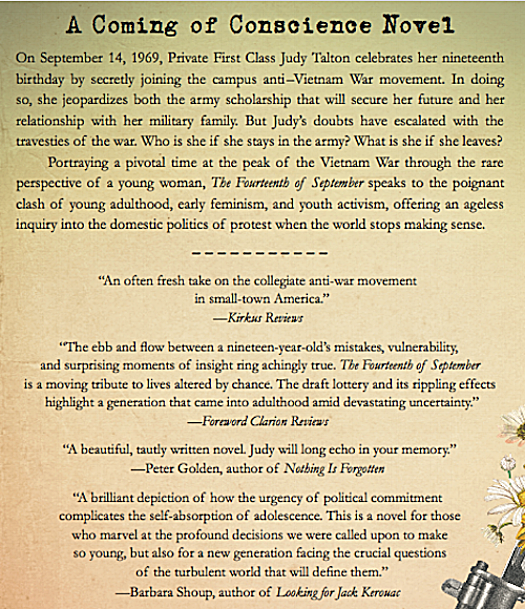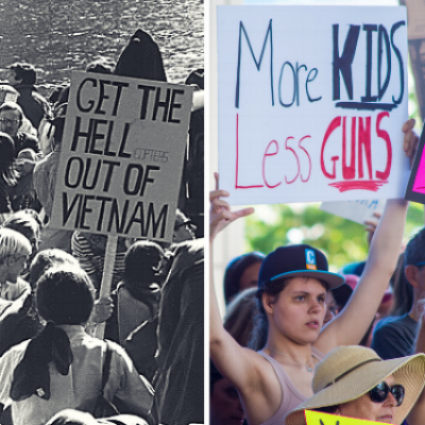Confessions of a Sequester Wastrel: Yes, My Second Novel Should Be Done, But It Isn’t. Bite Me
/Forgive me, novel #2, there is much that I have squandered. I had three months of unobligated, totally empty pandemic time I should have been devoting to you, and instead, I wasted it. I don’t know where it went (but calories and television were involved). I promise it wasn’t even fun (they were stupid wine-and-pizza calories; hypnotizing, beyond-my-control Netflix and news programs). The empty hours just disappeared (I promise it wasn’t puzzles, baking, or closet cleaning). They are just…gone. And I know you remain partially written, spread out across the desk I keep passing on the way to the television… and the refrigerator. I understand how pissed off you must be. Mea culpa. You may never forgive me, but, perhaps, I can make you understand.
The Sentence: Solitary Confinement
Okay, I acknowledge my privilege. I’m fortunate that during this time I have not been trying to keep a business going (it wouldn’t have made it), preventing a sick spouse or a mother in senior living from getting the virus (neither would have made it), home schooling (God forbid), or dealing with the waxing and waning of the anxiety of another (’nuff said). When isolating alone, and taking all precautions, I truly have only risked cabin fever . . . but that is not to be discounted entirely. I have profoundly missed having a pod of fellow prisoners with whom I could have shared safe cooties and conversation—even more than I missed not having outside space (A balcony? My kingdom for a balcony!). This has been 100% solo, Han, and it has. . . well . . . sucked.
Lockdown. Month One. The Early Days
The first few weeks, when it seemed more of a staycation, before we realized it was an actual sentence (even with food delivered, very nearly, through a slot in the door), I did what most did—descended into the malaise of a vast immediate future without deadlines. What was the hurry? I had three whole days to get to my book. I wore an indentation in the couch watching ALL episodes of a single Netflix Original within the same day or two (and often until 2 a.m.), emptying ALL bottles in the wine rack (often within the same day or two), and pushing the edge of the envelope with my existing food delivery vendors— “surprise me,” I said about my pizza, anything but pineapples. I got ripe olives. Hmm . . .
It was dull, but not without its pleasures. The demented family of Ozark became strangely relatable, the Broadchurch bunch somehow more virtuous. But by season three of The Last Kingdom, when I was deeply relating to my Scandinavian kinsmen (marauding Danes in Alfred’s England), their adventures were taking over my own life and finding me wanting. If they had been in lockdown in my living room, would they not attack it with relish, blasting through my computer with sword slashes of inspiration, machine-gun flurries of gut-punching scenes, daggers of witty dialogue, and bloody backstory? What a story sissy, they’d call me with disgust.
As the month went on and I’d get messages from people about how they’d finally cleaned their basements, organized their digital photos, and could begin to see the light of the end of their story, novel, memoir, I felt truly ashamed of myself. I lurked in the dust of my uncleaned condo cave. I was weak. I was worthless. This was not sustainable. And yet, when guilt overcame me, I changed the channel to Amazon Prime.
Lockdown: Month Two. Boredom
By this time the deprivation of no health club, lakefront, or parks in which to escape outside my condo walls for a precious hour of exercise was approaching tragic. There was perpetual gunk in my throat that gave a scouring-powder quality to my voice when I answered the phone at 2 or 3 p.m., the first time I’d talked out loud all day. Zoom calls descended into verbal combat—and in my desperation for discourse I took unfair advantage of the speaker-delay, leaving others pouting because they didn’t get their turn. I noticed an absence of recall, incomprehension of information that previously was reliable—names of people . . . or book titles . . . entire countries, the inability to add in my head. In the absence of a village, everything was taking a moment or more (I know, I know. It’s because I refuse to do puzzles). I researched to find out if isolation can lead to early dementia. Alarmingly, I find it’s possible. Still, it’s another excuse. I can hardly write if I’m losing my mind. Right?
Easter in lock down: tp instead of chocolate eggs.
Sequester wardrobe, ready for incineration.
My sequester wardrobe descended into unmistakable rag-tag. Five pairs of ancient Lululemon yoga pants and three oversized t-shirts: one with a symbol of The Year of the Dog from Tsingtao Beer; one threadbare to the point of see-through, left over from the swag bag of the opening of Chicago’s Bloomingdales back in the ’80s; and a nearly-to-my-knees, overwashed-into-baby-softness, official Dragonette, Inc. shirt from my entrepreneurial years, the dragon logo peeled away except for a few fiery curves. They were on their last legs anyway, why not just finish them off? I will burn them at the end of the pandemic, I promise myself. Meanwhile, wearing them is a symbol of survival.
I was appalled to find that my many packages–my lifeline—were displayed on a “safe” table, next to the doorman, fully exposed to the legions of visitors to the high-traffic building to which my condo tower belongs: the wine (is anyone counting?), the supplies for all three juice fasts (the first worked so well; the other two, not so much), the attempts at pre-made, week-at-a-time delivery meals. The latter made me think of the comment by humorist Dave Barry about frozen entrees: “So convenient they are even partially digested for you.”
Garbage Room: Scene of the Potential Crime
Six weeks in, I contemplated severely maiming my neighbor in the garbage room on our floor. Here I was, carrying a trash bag weighed down by wine bottles and foam food containers, in my sequester rags. He was dressed as if fresh for golf, depositing a tiny bag and a broken-down, neatly folded cardboard box (who does that?). We were having a mask-and-glove conversation in response to the question, “How are you doing with all this?” I answered with a shrug, holding up my bag, the ponytail of my Pebbles pandemic hairstyle ascending to the ceiling.
“I figured I had a binary choice,” he said, oozing discipline and—did I catch it?—a whiff of judgment. “I could go the junk food route and sit around or I could make it work for me.” He went on to recount his hours of exercise—biking, walking, running—he even bought a contraption he could put on the back wheel of his bike and pedal inside if it was raining. And, in fact, I’d often hear him clomping away while I waited near his door for a pandemically appropriate empty elevator. Nice to have the mystery of that rhythmic huffing sound cleared up. He had lost twenty-two pounds.
Did I mention he’d also used the time to edit his third medical thriller and has begun a fourth? There must be a can with a ragged edge in my bag, I thought. Or, I could just drop the bag on one of those athletic feet to hobble all that achievement. You know the feeling?
Every time he sees me, he asks how my book is coming along. Grrr . . .
By the end of the month, the weather had warmed up to the point where I could no longer zip my three-quarter-length parka over my slept-in clothes and pull the hood tight, allowing me to venture out for quick trips to Walgreens, 7-Eleven, or the mailbox incognito and without foundation garments.
I found myself regularly going bat-shit for about five minutes every other day, symbolically pounding on my picture windows here in Planet Condo, desperate to escape, then talking myself down by realizing there wasn’t a single place on the globe to go, not to mention the petri dish of any vehicle of transportation.
When the governor extended the lockdown into a third month, I LOST IT. Click here to read the ugly details.
Lockdown: Month Three. It’s Becoming a Way of life
The Relentless 90-Day View from Planet Condo
Alas, I must be an adult, put one house-shoe-encased foot in front of the other, and make the most of my tiny environment, even if it feels like No Exit. If Matt Damon can do it on Mars, I can do it here on Planet Condo.
I saw my neighbor again, he asked me how my book was going . . . again. It cut to the quick of my guilt. I had already begun to get kick-in-the-butt messages on social media from other writers: This time has been a gift, no distractions, like a retreat where you can get three months of work done in one. I’ve gained appreciation for the simple pleasures of life. I meditate, write in my journal, map out my projects for the rest of my life. Above all, I have FINISHED my novel, memoir, essay collection and am rewarding myself with quiet time, sitting here in my garden with brie and a lovely glass of Chablis.
Bite me again. My community had passed me up while I was still mired here in inertia. I guilted myself into developing lists: finish the first draft of this damn novel, an essay that is near the finish line, a blog post, clean out my writing space and dump all the detritus from my last novel. It didn’t stop there.
It was also a great time to end my coffee/wine/carb/MSNBC addictions, lose the six pounds that have been hanging around since the holidays (it used to be five), sit still long enough to listen to my meditation app, finally buy that Scriveners writing software and learn it (though I lack access to the recommended millennial guide), get through the TBR file of friends’ books that I need to review/blurb. I was ambitious. Who doesn’t love a list? Cross those puppies off, one by one, and this sequester time will have been fruitful after all, a gift.
What I did instead:
—A lot of research. Of greatest interest were stories in legit publications (Forbes! The New York Times!) about recommended sexual practices for now and the foreseeable future, most likely forever: your best partner is yourself, you need to be unabashedly creative on Zoom—pretend only your intended is watching—consider practices that are so bizarre, even the article had to include the line “Yes, we did just say that?” Check it out. “Masks, No Kissing and ‘a Little Kinky’: Dating and Sex in a Pandemic.” Celibacy will allow me to free up a great deal of time for writing. You know, in the future.
sent myself flowers since there was no spring.
—I replaced my social-media person. Actually, she replaced me. With the pandemic, she needed a full-time job. I hired a part-time publicist who had been laid off from her full-time job. My karma has been fulfilled 🙏🏻Whew! Now my conscience will be free for . . . writing.
—I broke two wine glasses, 🥂 and wore a hole in my sequester sweater. They are in my lockdown debris pile, ready for the fire (though realistically, in my high-rise, for the garbage chute). Nothing to get in the way of . . . you know.
—I switched out my closet. Winter to summer street clothes. I visit the latter occasionally, apologizing for neglect. I will be switching them back soon. Déjà vu. It will be as if spring and summer didn’t even happen, and therefore there were no weeks in which I didn’t write.
—I made a to-do list: find a resource to restuff my couch, buy new leisure wear, join Weight Watchers/AA/a meditation group/a hands-free dating site, buy sex toys designed for solitary use that will be delivered in plain packaging, buy a new TV with a sound system that will pick up the dialogue of mumbling English actors, get a new sweater, cancel all delivery services, look up the address of the nearest grocery store, open old dust-covered cookbooks, and see if I can remember the basics, donate wine rack. Clear the decks from distractions so I will be able to write.
Phase Four: Reentry and a Do-over
I had big plans for this year, the countdown to a major birthday on November 4. They were all dashed. But some wise person posted a hopeful message on FaceBook that resonates.
“I’m not counting this year. After all, nothing happened.”
Words to live by. So I have another year . . . a do-over, in my mind, that I will use more wisely.
Libby Wheeler, author of The Asher Trilogy, has been my Lockdown Lifeline, Helping me turn the corner from malaise to manuscript.
What did save me, seriously, is that midway through Month Two, I reconnected with a writer who lives hours away. Our three-hour weekly calls have been my lifeline, and we are both making more progress on our novels than we have in a year. We text each other daily at dawn to verify we’re sitting at our desks. And we’re kind to each other if we miss. Someday soon, when we’ve completed the first drafts we’ve promised ourselves will be done by Labor Day, we will meet with our masks in the outside garden of a café for brie and Chablis.
I may bring some home for my neighbor. He’s really a nice guy. He doesn’t know I wanted to kill him.
And what do you have to confess?
Final Thought: The Japanese have been forbidden to scream while on roller coasters because it spreads the coronavirus. Instead, they have been encouraged to do what I think defines the entire sequester:
Scream inside your heart.
That’s what we’ve really all been doing, right? Let’s keep it up. Make it loud enough to be heard on the page.
What I DID Do During Lockdown
Held two virtual Book Club Meetings in chicago and Evanston for The Fourteenth of September.
Coming Up: July/August TBD

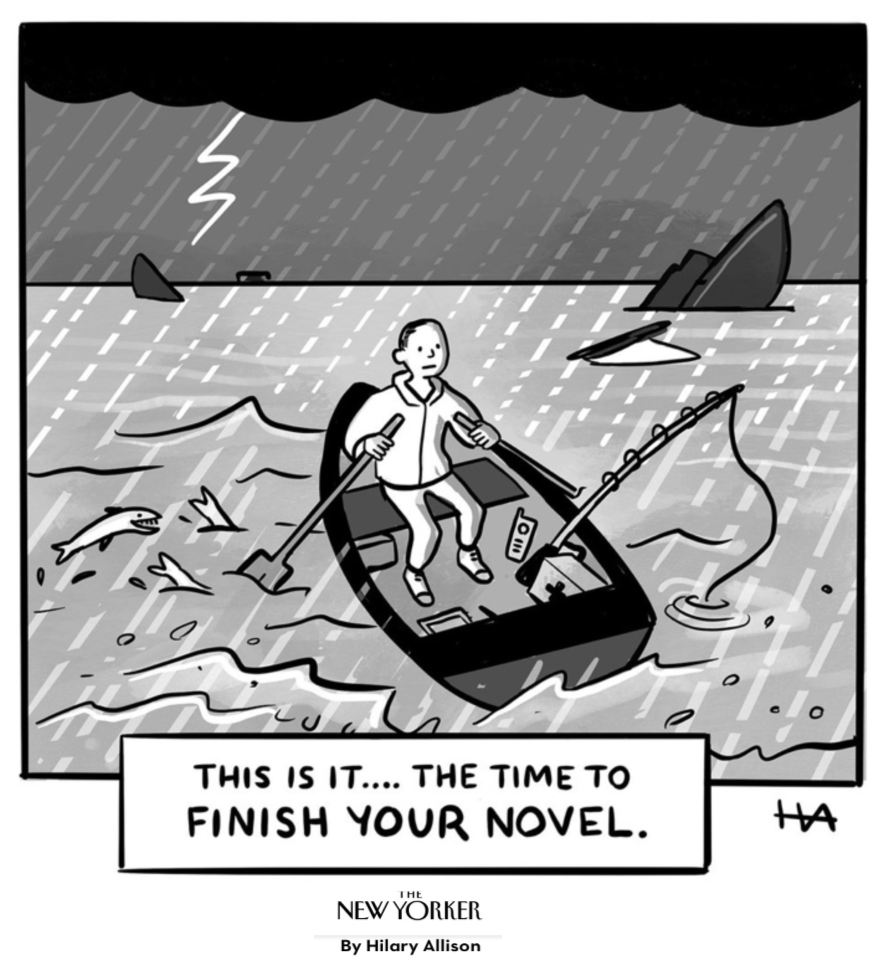




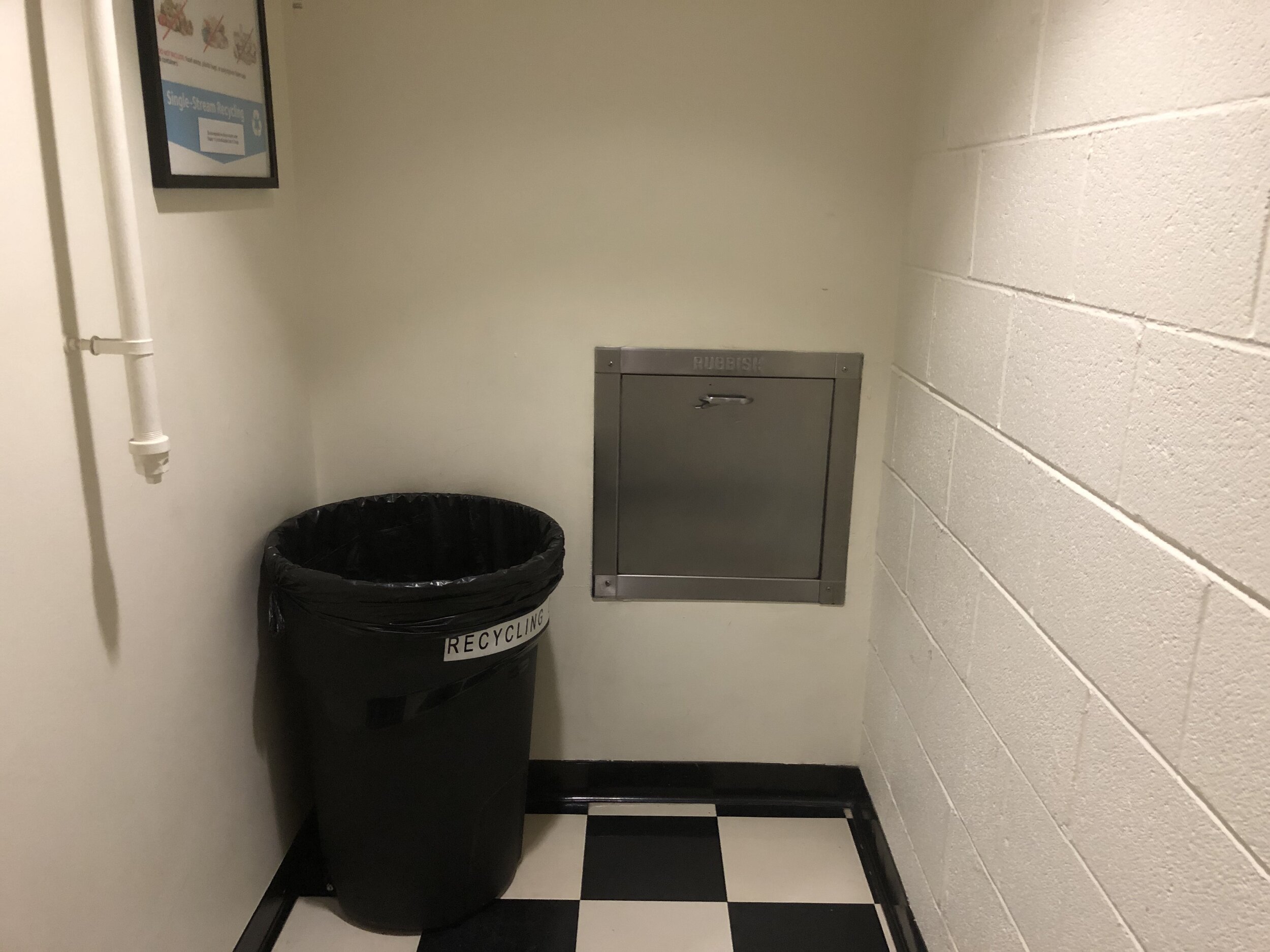



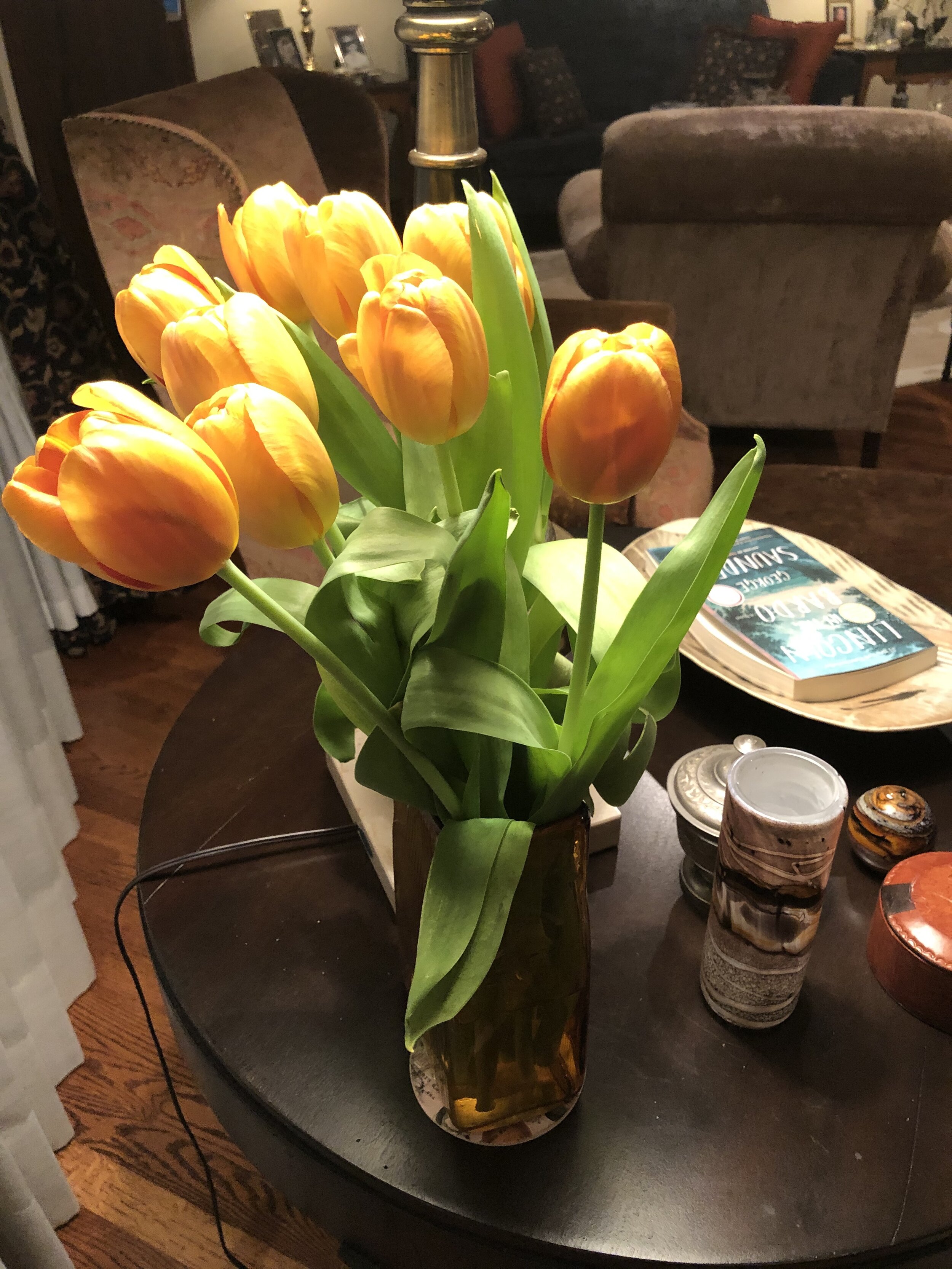


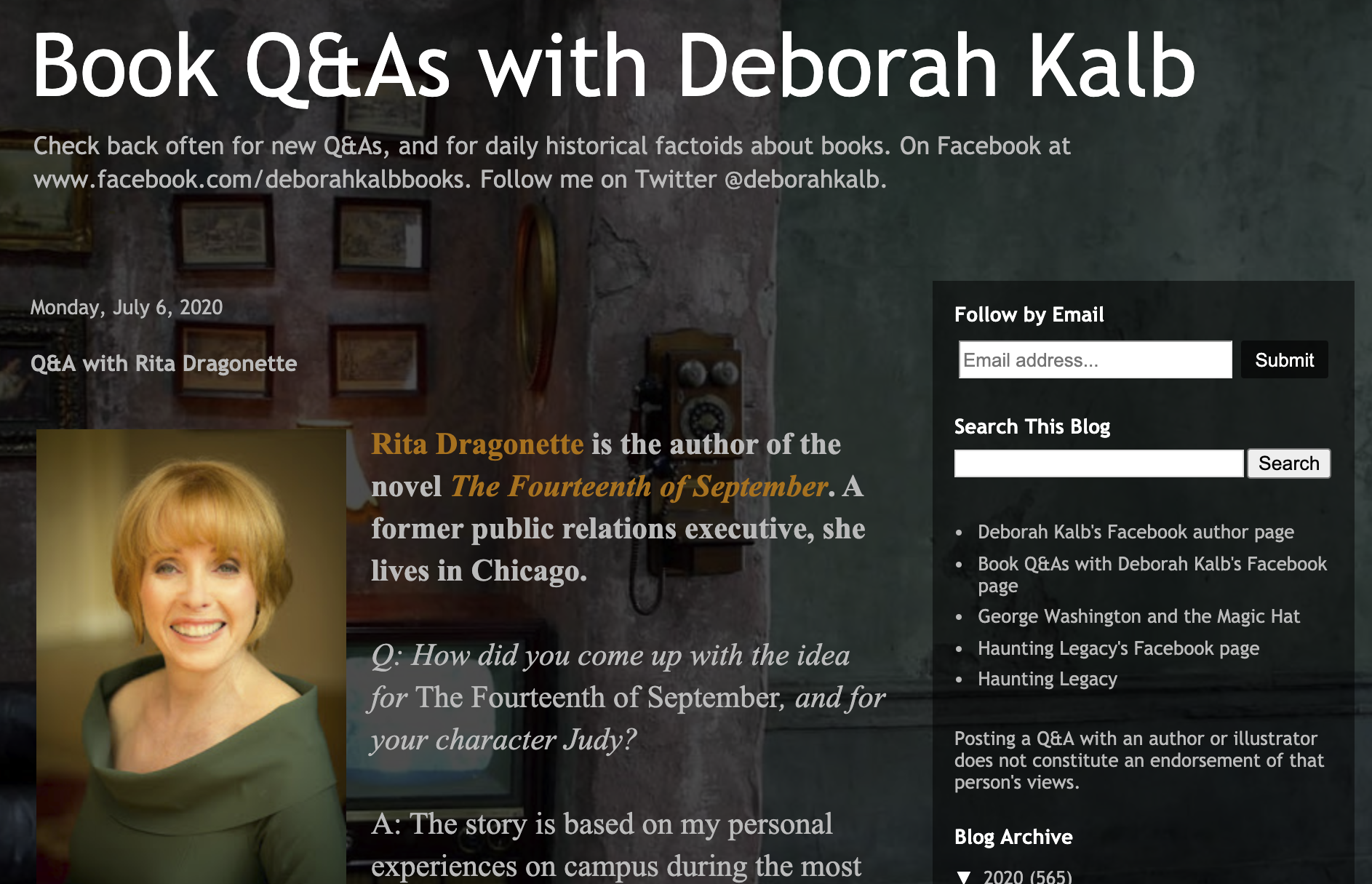
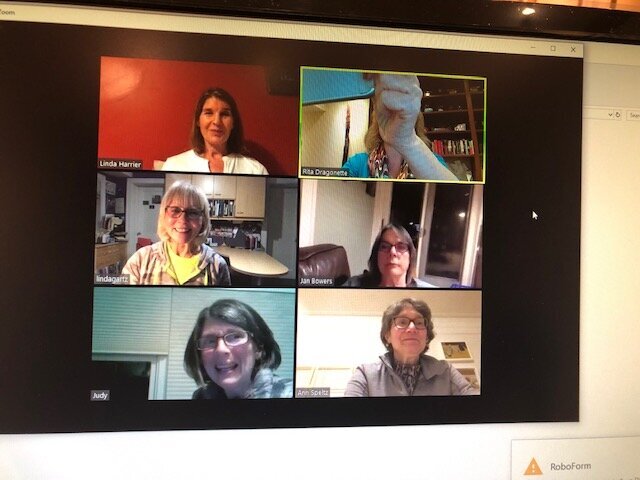






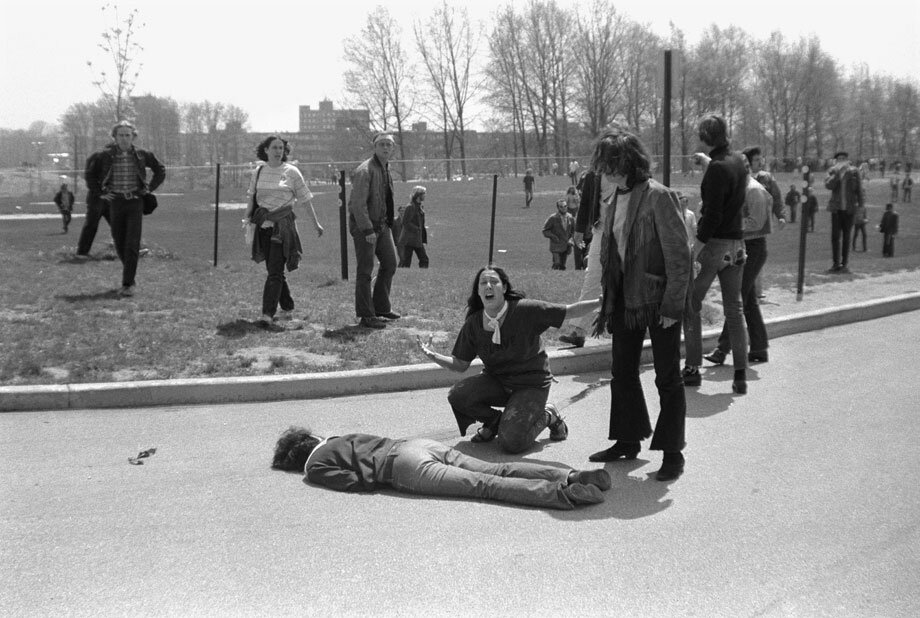
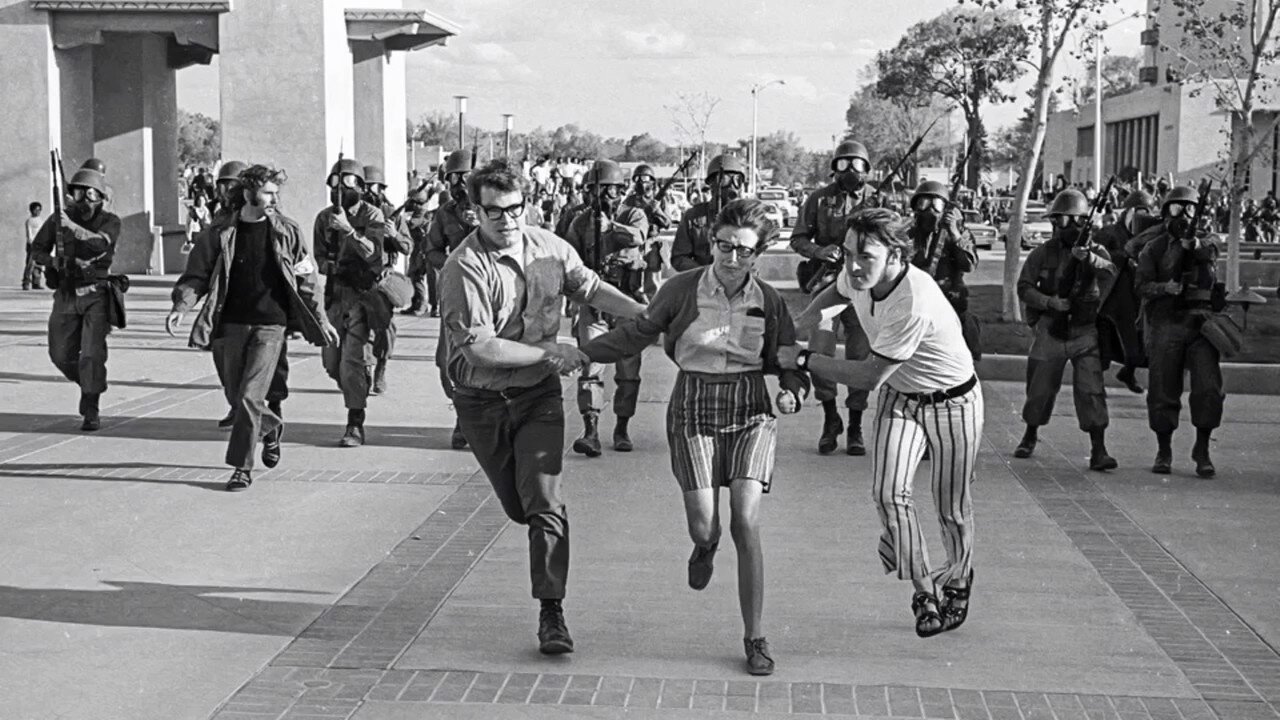
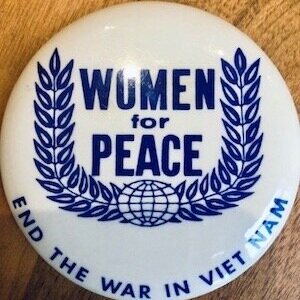




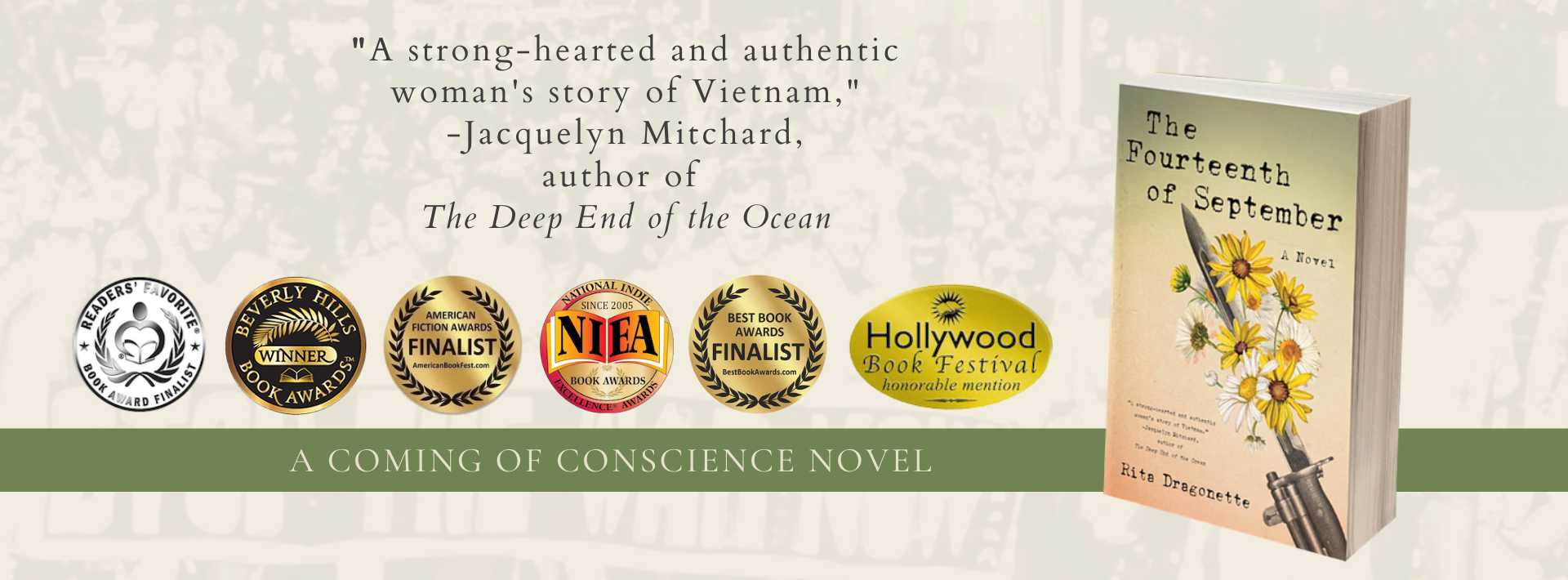






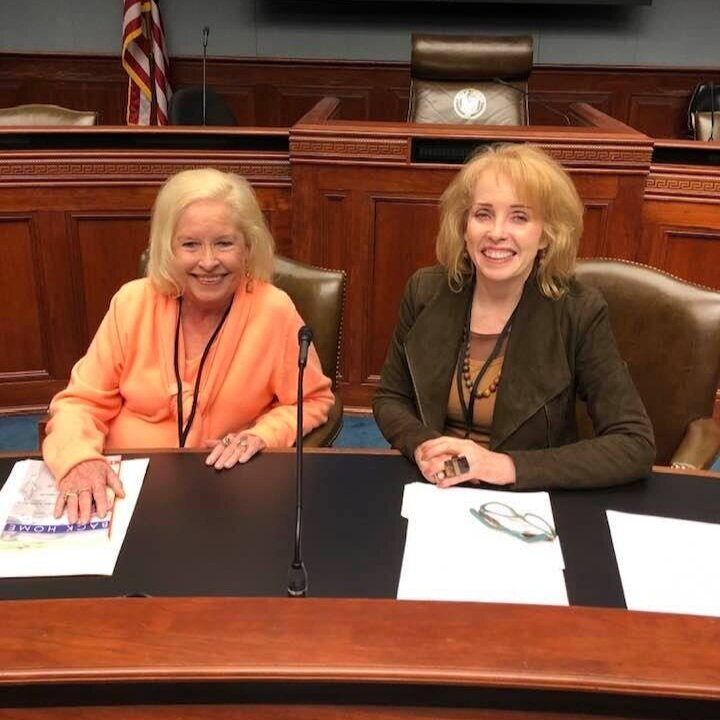
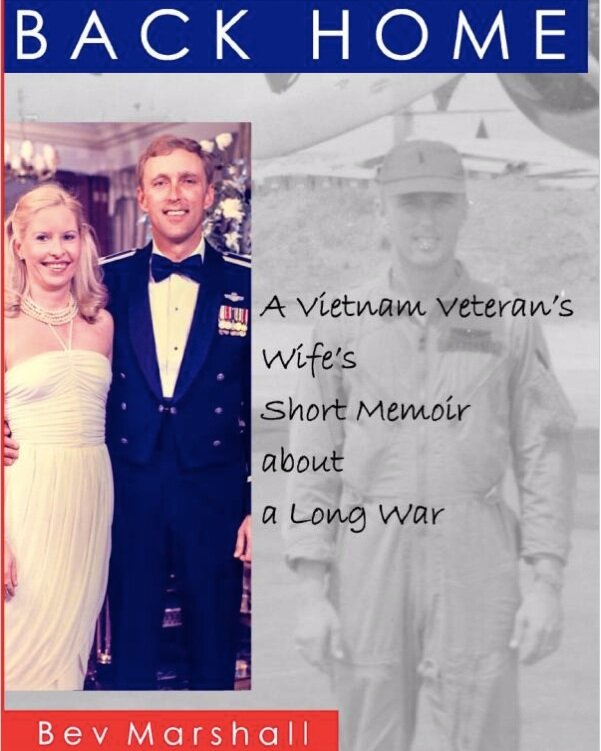

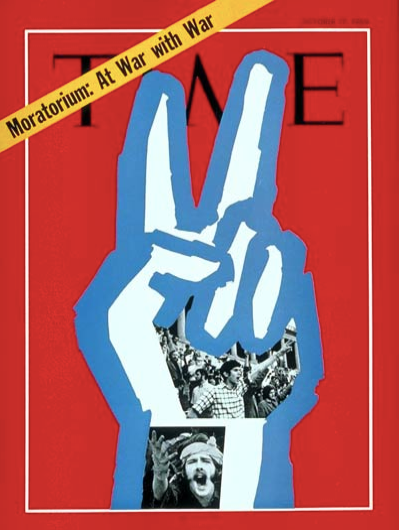



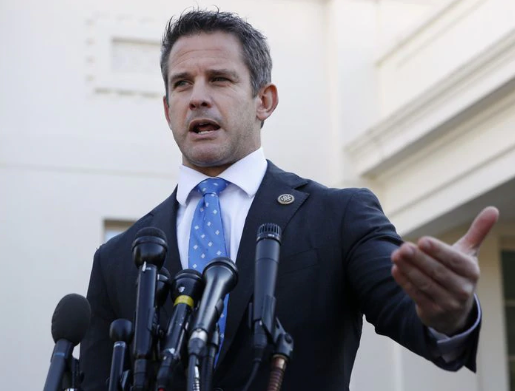

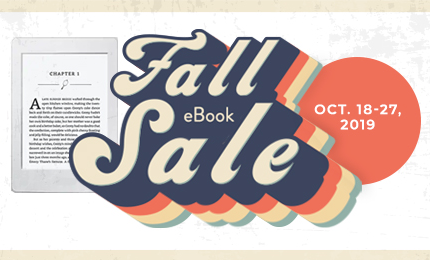





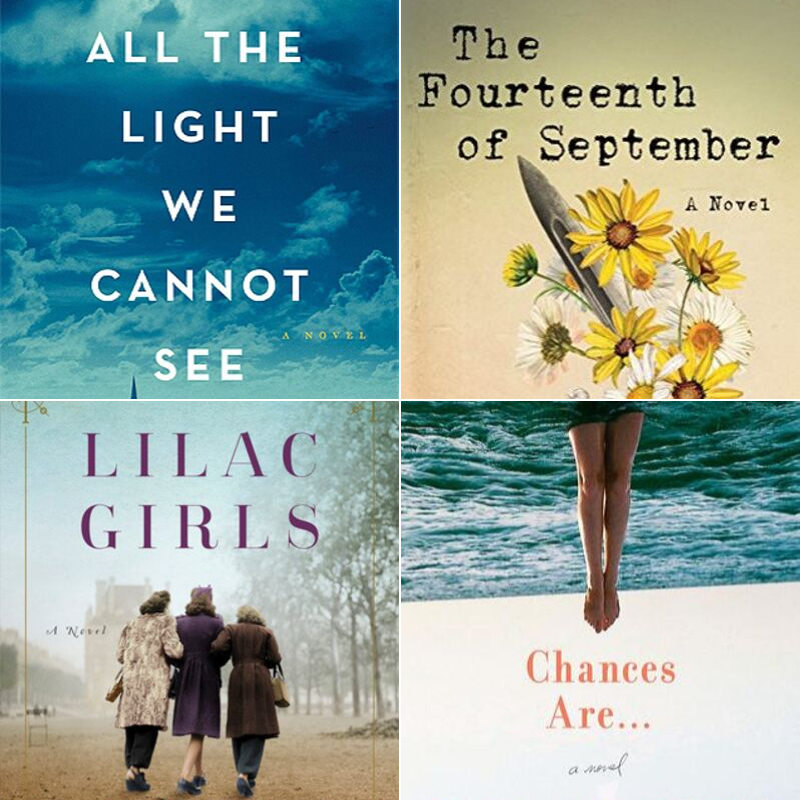
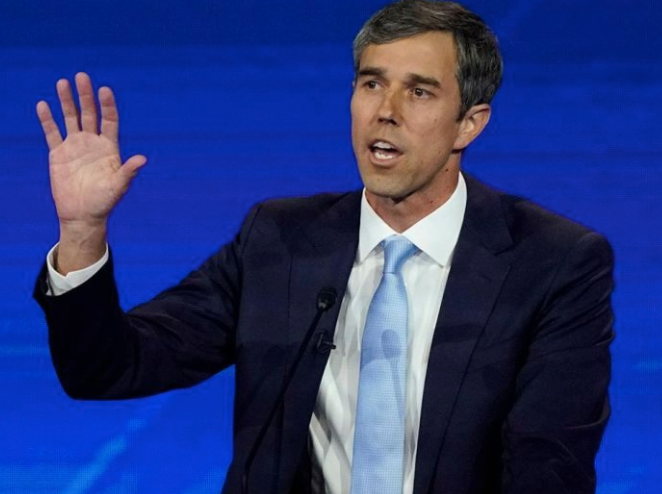
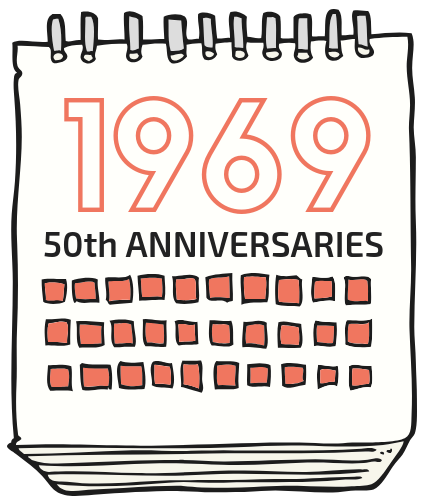
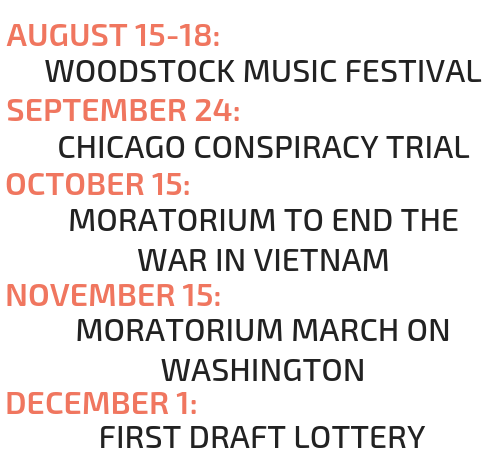




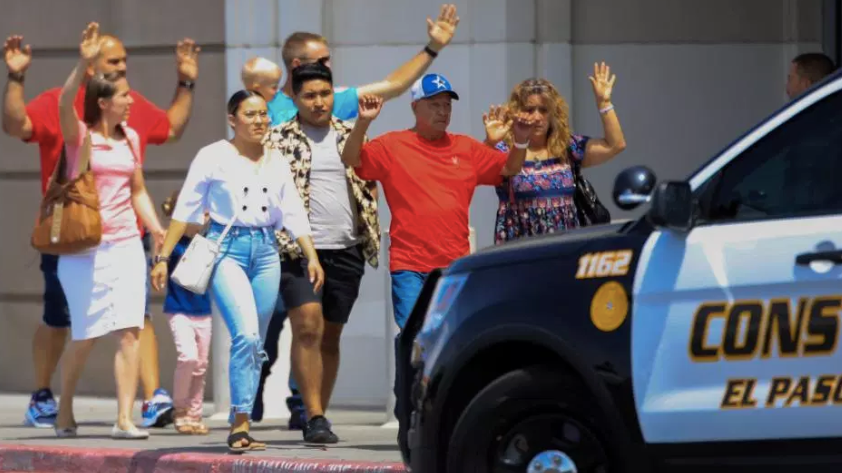


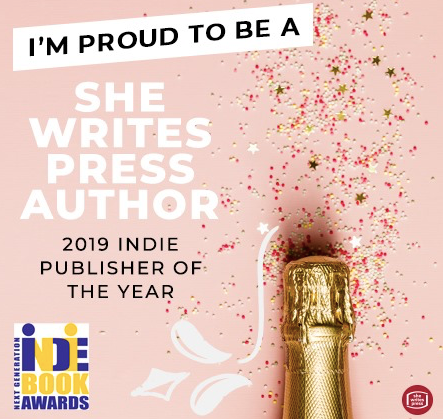




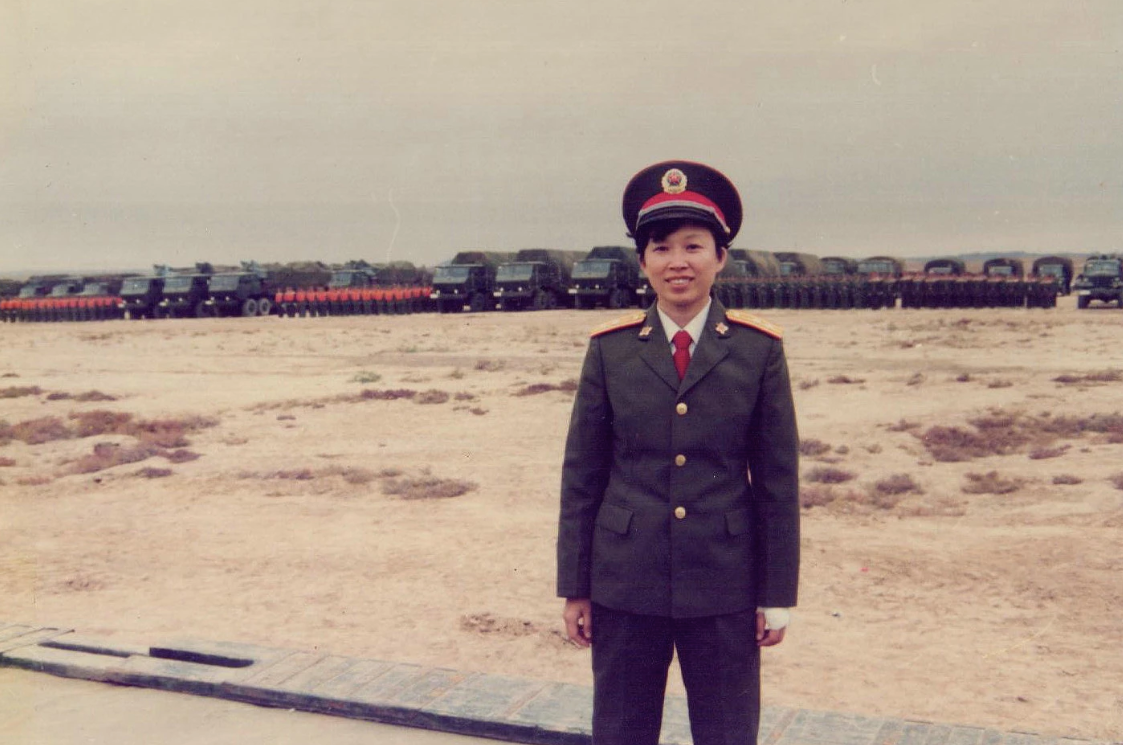
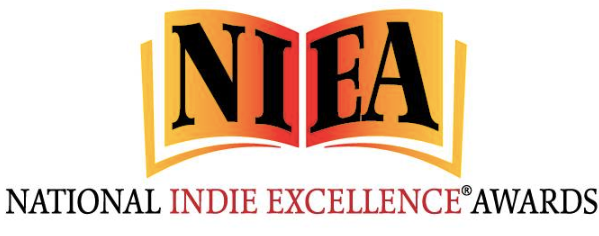
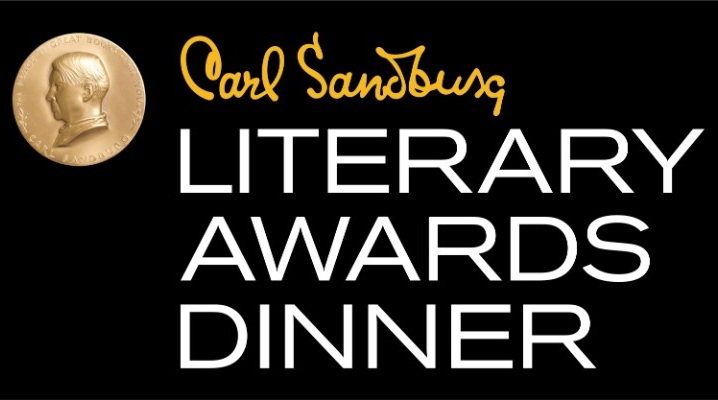
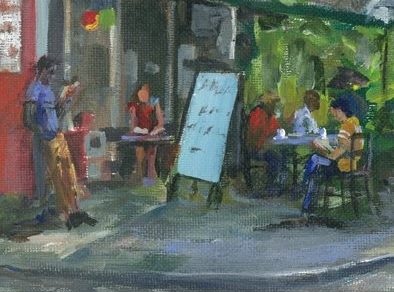








































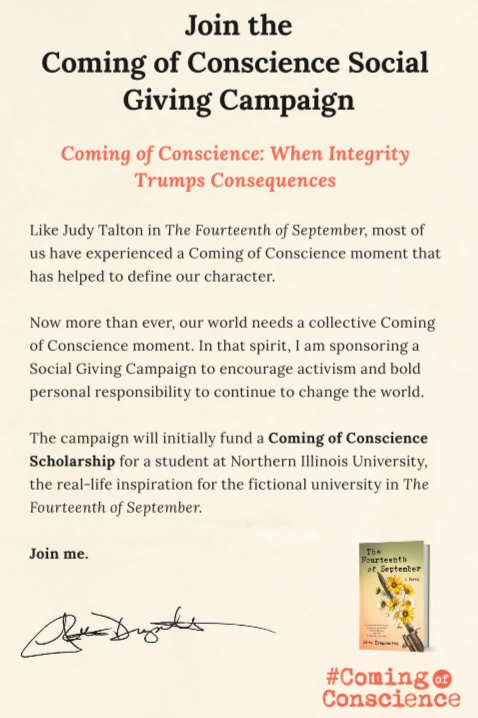





![momWWII%20photo[1].jpeg](https://images.squarespace-cdn.com/content/v1/581992a5f7e0abdf04947525/1535419574442-WOB1100C6U3RM5DXOMY0/momWWII%2520photo%5B1%5D.jpeg)









